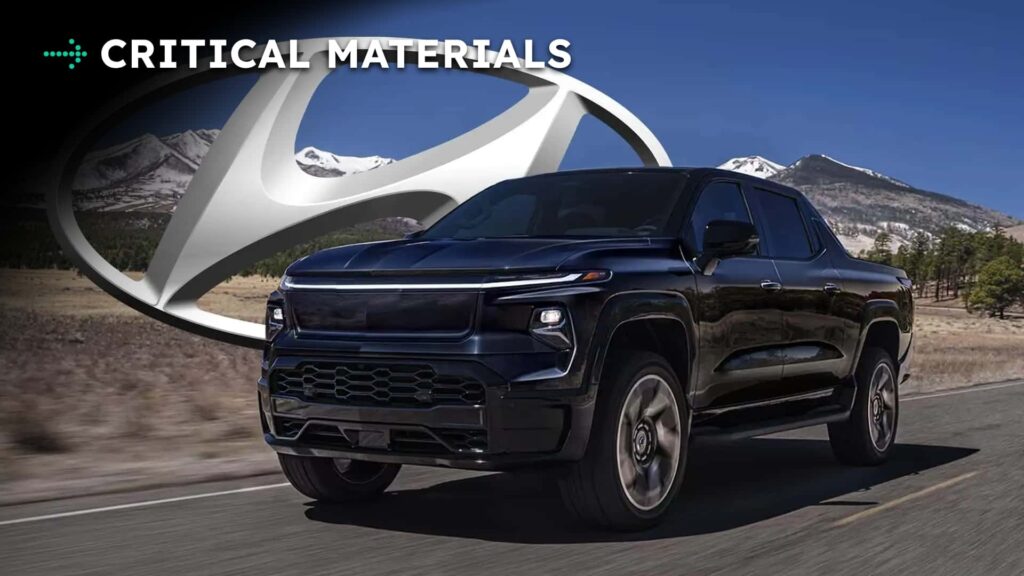Tesla’s recent decline in sales has opened up an opportunity for its competitors, such as General Motors and Hyundai, to step up their game in the electric vehicle (EV) market. Rather than simply capitalizing on Tesla’s struggles, these companies are ramping up their EV efforts and even considering collaborating on future models. The race for EV dominance is not just about surpassing Tesla; it’s also about staying ahead of Chinese automakers, preparing for potential tariffs, and navigating a global trade war.
General Motors and Hyundai are reportedly exploring a partnership that could involve collaboration on next-generation EVs, including sharing battery technology and materials, developing badge-engineered vehicles, and possibly even jointly working on computing chips. This partnership could help both companies compete more effectively against the rising tide of Chinese EV manufacturers who have established a strong foothold in the market.
Hyundai, which has a limited presence in China, could benefit from partnering with GM to bolster its international operations. Reports suggest that GM may receive electric commercial vans based on Hyundai’s ST1 platform, while Hyundai could potentially rebadge Chevrolet trucks for the U.S. market. Additionally, the two companies are considering joint development of batteries, battery materials, and chips, as well as shared sales and service networks for their EVs.
As the automotive industry faces uncertainties like potential tariffs and regulatory challenges, collaborating with competitors has become a strategic move for legacy brands to strengthen their position in the market. By working together, automakers can navigate these challenges more effectively and ensure the resilience of their businesses in a rapidly changing landscape.
In other news, there has been a significant increase in the number of Tesla trade-ins in recent months. Data from Edmunds shows that trade-ins of Teslas from model year 2017 onwards have reached a record high, indicating a shift in brand loyalty among some customers. Factors such as Elon Musk’s political involvement, concerns about Tesla’s depreciation, and increased market saturation are driving some longtime owners to trade in their Teslas for other vehicles.
Meanwhile, Mitsubishi is looking to outsource EV production to Taiwanese contract manufacturing giant Foxconn to accelerate its EV ambitions. With only one EV in its lineup, Mitsubishi is seeking to launch a new fully electric model in the U.S. next year, potentially in collaboration with Nissan. Partnering with Foxconn could help Mitsubishi expedite the development process and control costs.
As Tesla faces challenges and scrutiny, questions have arisen about the leadership of the company. With Elon Musk’s focus on other ventures like SpaceX and X, some are questioning whether Tesla would benefit from new leadership. The recent Model Y refresh, spearheaded by Tesla’s VP of Engineering and design chief, has raised concerns about Musk’s level of involvement in the company’s day-to-day operations.
Overall, the EV market is evolving rapidly, with competitors like GM, Hyundai, and Mitsubishi making strategic moves to stay competitive and adapt to the changing landscape of the industry. Collaboration, innovation, and strong leadership will be key factors in determining the success of these companies in the future of electric mobility.

